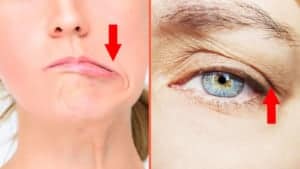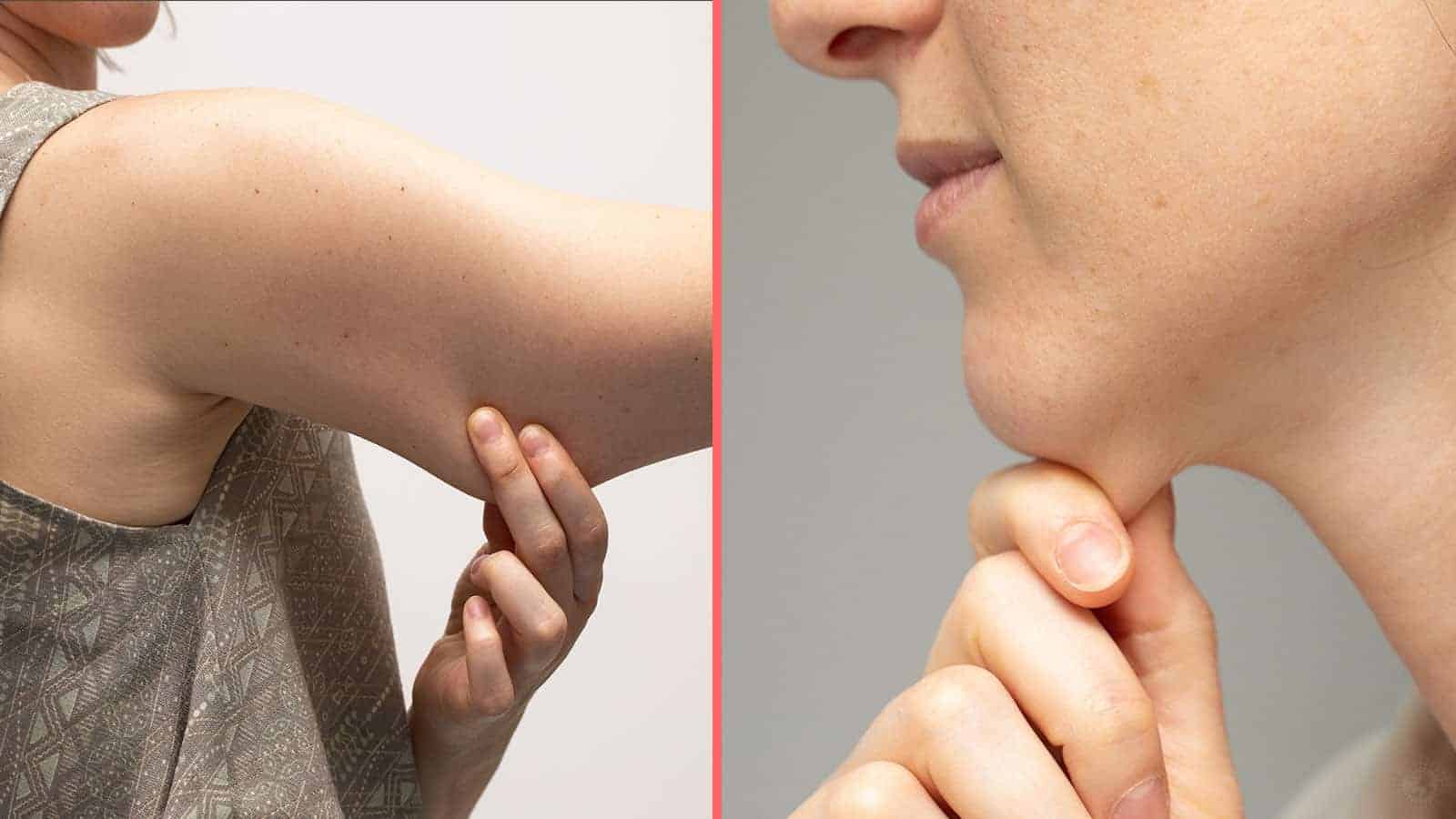Body dysmorphic disorder, also known as BDD, is a mental illness where a person becomes obsessed with a minor defect on their body. Frequently, the fault is a figment of their imagination as no one else can detect the abnormality. These people often think they are ugly as a result of their body dysmorphia. Thus, they avoid going out in public or want to undergo surgery because they are so obsessed with their appearance.
Body Dysmorphia Shares Similarities to Other Mental Illnesses
Many people confuse body dysmorphia with things like anorexia or obsessive-compulsive disorder OCD. However, while both concerns can have similar components to BDD, someone with an eating disorder such as anorexia focuses on a dislike for the entire body. A person suffering from BDD focuses on one specific part or feature.
An individual suffering from OCD can have thoughts that distress them to the breaking point. These obsessions control their life and produce a crippling amount of anxiety. The distress they feel causes them to do certain rituals or routines to ease their angst.
A person with BDD may also engage in ritualistic behaviors. For instance, they may be so obsessed with their imperfections on their skin that they pick at it all day long. They may not be able to put down a mirror from continually checking the defect, either.
Since BDD is a long-term disorder, it eventually affects the home, social, and work life. Many are unable to leave their home because their compulsions drive them to the brink of madness.

The Causes of Body Dysmorphic Disorder
While the exact cause of body dysmorphia is not known, there are many theories about its origin. One belief among the medical community is that the area of the brain that handles information on body appearance is altered. It’s also interesting that many people who suffer from BDD also have anxiety and major depression.
Since depression and anxiety are often inherited illnesses, it’s believed that BDD also has a biological base. When a person has no genetic links, then other causes are as follows:
•Poor self-esteem
•Victim of trauma
•Emotional conflict during the development years
•Critical parents
•Bullied about physical appearance as a child
•Poor body image from a society that thinks beauty is about bodily image
Diagnosing Body Dysmorphic Disorder
Since body dysmorphia often carries with it much secrecy and shame, it’s often hard to make a diagnosis. Sadly, many people with BDD suffer in silence and never get a firm diagnosis as their condition goes unrecognized. Patients are so embarrassed about their compulsions that they don’t discuss them with their doctor.
Regrettably, many of the people that suffer from BDD will never get a diagnosis. Doctors usually discover this when a patient is obsessed with wanting plastic surgery, or they are focused on a physical defect that the physician doesn’t observe.
If a doctor believes body dysmorphia is at the crux of their issues, they will start by doing a full medical examination. When it comes to any mental health condition, doctors always rule out any physical ailments first.
Anyone that is believed to have a mental health issue will be referred to a psychiatrist for further evaluation. Since BDD is a severe illness, it’s imperative to have someone trained to treat psychiatric diseases helping in this process.
A psychiatrist will not necessarily be able to diagnose dysmorphic disorder initially. It often takes several visits to have a verdict. Though they may be able to see depression and anxiety right away, it usually takes a person time to talk about what’s going on inside their mind.
In some instances, a person will be diagnosed with things like an eating disorder or obsessive-compulsive disorder until the full scope of BDD is shown.
The doctor will look at the attitude, behavior, and symptoms of a patient to help make an official diagnosis. There are no blood tests or imaging scans that can help a physician as they must go on gut instincts and the presenting symptoms.
Ten Symptoms of Body Dysmorphia
The symptoms of body dysmorphia are also behaviors. They will vary significantly for each person, depending on their compulsions. Here are the most common signs observed with BDD.
1. Constantly Needing Reassurance
A person with BDD may always want reassurance from those around them that their perceived problem is okay. For instance, they may say, “Is my acne showing through my makeup?” They may become obsessed with their acne and covering it up. They will need constant assurance that their face looks normal.
2. Repetitively Touching the Defect
When a defect is bothering someone, it’s normal for them to want to touch it constantly. Let’s assume a person has a problem with their nose. They may wish to endlessly touch their nose and evaluate the size and shape of it. This is a sign of their anxiety kicking into overdrive.
3. Relationship Issues
It’s often difficult for a person with body dysmorphia to have relationships. Sexual encounters are awkward when someone suffers from poor body image. Outside of sexual unions, they may have a hard time with friendships too.
People don’t like to hang around with those that are always negative and have compulsions about their looks. Also, a person suffering may feel judged or embarrassed around friends too.
4. Social Avoidance
Social avoidance is a big issue with people who have BDD. They don’t like public scenes because they feel all eyes are on them. They don’t want people staring at their defects, and they think that being in a social gathering will make them stand out like a sore thumb.
5. Fixated on Plastic Surgery
Plastic surgery can become an obsession for someone suffering from BDD. They may travel from one doctor to another, looking for the help they need. If one doctor turns them away, saying they’ve already had too many procedures, then they will not stop until they can find a surgeon who will do the desired work.

6. Always Looking for Ways To Enhance Their Appearance
Even with a dysmorphic disorder, some people don’t want or can’t afford to have surgery. However, that doesn’t mean that they aren’t continually trying to find ways to enhance their appearance. These people can spend thousands of dollars on the next miracle cream or supplement because they are obsessed with trying to fix their perceived defect.
7. Always Looking in The Mirror
Having a disorder such as BDD gives a person extreme anxiety. They may always be looking in the mirror. If they do venture out in public, they may try to get a glimpse of themselves in a store window or anything that will show their reflection. Their obsession to see their defect takes over their life.
8. Restrictive Eating
When BDD is focused on an issue because of weight, the person will restrict their eating. Unlike anorexia, that focuses on the whole body, these people are concerned with one part. They may not like their stomach, so they will starve themselves to fix the issue.
9. Depression
Depression is often underlying comorbidity with body dysmorphia, but it can become so severe that it’s crippling. The perceived defect is causing them to slip into an unhealthy mental state because they can’t do anything about the part of them that appears so unsightly.
10. Unable to Hold a Job
Some people can have a job and hide their body dysmorphia. Unfortunately, for many, the condition only gets worse as time goes on. It’s not uncommon for these people to need disability due to mental illness because they are unable to cope with the anxiety, depression, and pain caused by BDD.
Treating Body Dysmorphic Disorder
The most common way to manage body dysmorphia is through psychotherapy. The most common types used are cognitive and behavioral. The goal in this type of treatment is to fix the false belief that a person has about an ailment with their appearance.
When the belief is minimized, then the compulsive behaviors will reduce or cease. In many cases, it’s necessary to add some other relaxation techniques. Yoga is an excellent way to bring harmony to the mind, body, and soul.
It’s also critical to have family support. Though it’s hard for someone on the outside to understand what a person is going through, their support means everything. Remember, these people often feel that their ailment is separating them from the rest of the world.
Final Thoughts: Can Body Dysmorphia Be Prevented?
Unfortunately, there is no way to prevent bodily dysmorphic disorder from occurring. Thankfully, it’s always beneficial to start treatment at the onset of symptoms. Parents must teach their children about a healthy body image from a young age.
Additionally, if a person has suffered some traumatic event, it’s best to seek help through counseling right away. By getting help early, you can erase some of the negative impacts that unprocessed trauma can bring.
Lastly, a person with an underlying disorder such as BDD needs a lot of support. It may be beneficial and ease the severity of their symptoms if they have an active support group surrounding them.















 Community
Community

